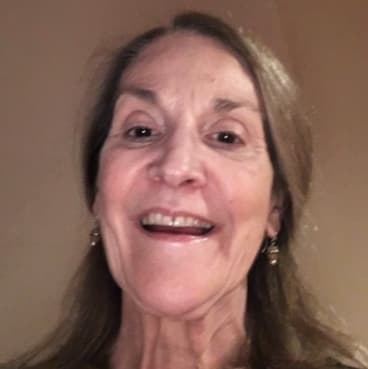Advertisement
Review
'The Last Act' Takes Strindberg's 'Miss Julie' To Israel
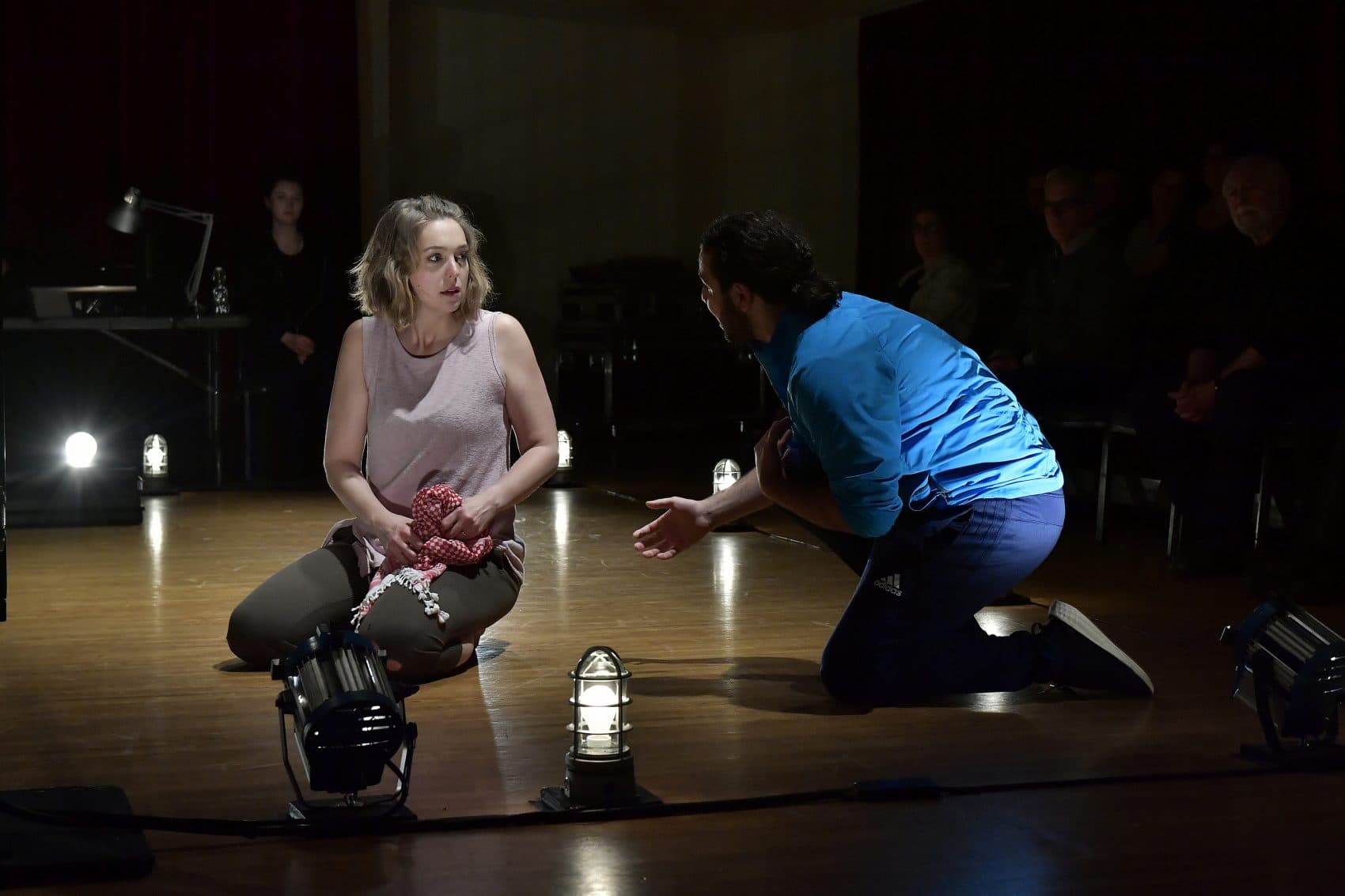
Miss Julie is a girl who gets around. The eponymous heroine of Swedish dramatist August Strindberg’s 1888 drama has been transported to Argentina, Scotland, Russia, Northern Ireland, an English country house in the 19th century, Mississippi in 1964 and South Africa under apartheid — not to mention to film, ballet and opera stages.
Now esteemed Israeli playwright Joshua Sobol has backed Strindberg’s self-debasing aristo up against the wall that divides Israel from occupied Gaza. In an intriguing adaptation titled “The Last Act,” Strindberg’s misogyny-laced class conflict is replaced by the ongoing, seemingly insolvable conflict between Palestinian Arabs and the Jewish State. The play is in its world premiere courtesy of Boston’s Israeli Stage (at the Calderwood Pavilion through June 1).
Sobol, who is in his late 70s, is a much-honored dramatist. His 1984 play “Ghetto” won Israel’s David’s Harp Award as well as England’s Evening Standard and London Critics Awards for best play of the year. Sobol is also no stranger to controversy: his 1988 “The Jerusalem Syndrome,” about the dangers of zealotry, caused a riot in Tel Aviv not unlike the one fired up by the 1907 premiere of John Millington Synge’s “The Playboy of the Western World” at Ireland’s Abbey Theatre. Now, Sobol asserts, he can’t get an actual Israeli stage to put “The Last Act” on.
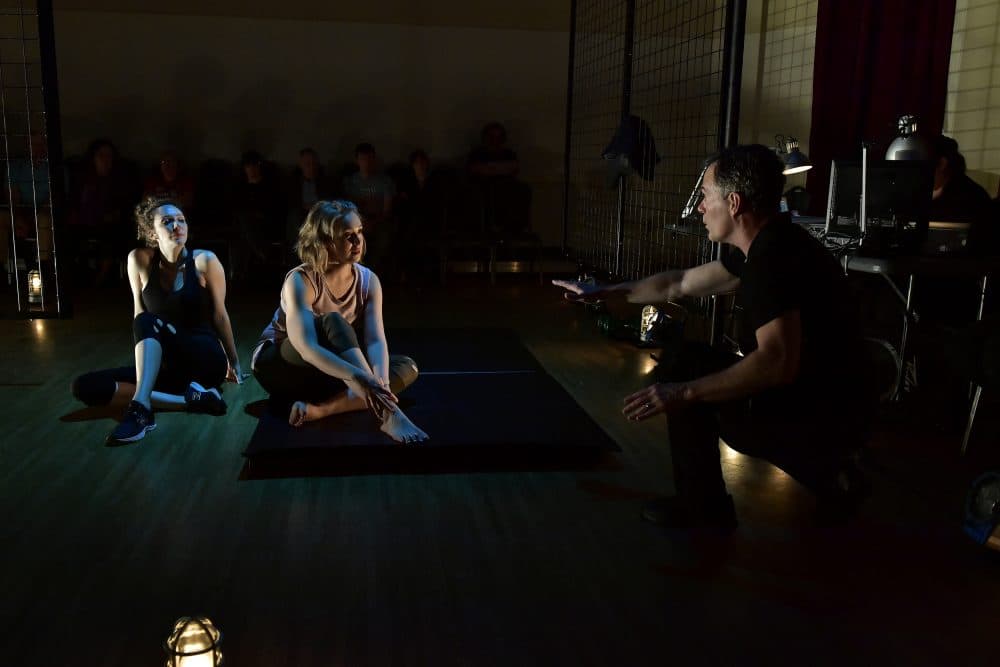
The reason, he says, is that Israel’s state-funded theaters are afraid entrenched Israeli audiences may regard the play as less an olive branch than a thorn bush — and that may be so. But it’s also possible that the premiere is happening here, rather than there, because “The Last Act” is a curious if well-intended theater piece that ping-pongs between heightened reality and sounding like it’s being made up as it goes along.
The hour-long theater piece (which is followed by a dialogue among playwright, director and audience) begins at an audition for a conventional production of “Miss Julie.” A producer sits behind a desk as a provocative actress with a passion for Strindberg pulls a Miss Julie on him, at once challenging and seeming to proffer sexual favors. Theater, she says, should be dangerous (a view held by Sobol). Strindberg, she alleges, wrote “Miss Julie” for her; she is performing excerpts from her own “translation” of his play.
As this cat-and-mouse game approaches its end, an Arab actor takes the stage and begins to interact with the actress in ways that mirror Strindberg’s psychosexual dance between 19th-century lady and servant. This actor is dismissed on the pretext that audiences prefer their classical theater to be “pure” and its performers to be “ethnically neutral.”
But it turns out that the actress, a Jewish woman of privilege married to an Israeli intelligence agent, and the actor, a Palestinian, went to drama school together. Following the mutually mesmerizing if unsuccessful audition, the reunited Gilly and Djul decide to meet in private to improvise a “Miss Julie” adaptation rooted in the circumstances of their own 21st-century lives as an Israeli Jewess and a held-down Palestinian “alpha male.” Gilly will be the director, Djul the performer who pushes back. Ultimately, they hope to perform their version of the play at a theater in Ramallah — as a sort of demonstration of “a Jewess and an Arab doing something together, instead of killing one another.”
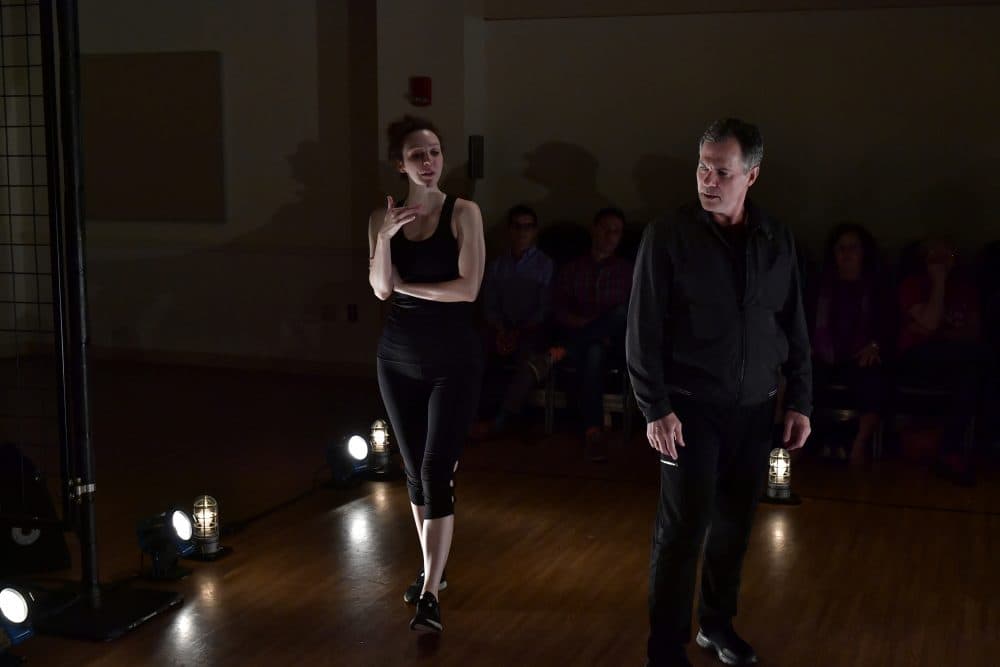
Meanwhile, Gilly’s husband, government agent Ethan, reports back from a mission to Kashmir. At intelligence headquarters, he is told by longtime colleague (and alpha-female) Dana that his wife is under surveillance, suspected of engaging in an affair with a Palestinian who has connections to Hamas and may be planning to kidnap her. Although Ethan scoffs at that, maintaining that what the electronic eavesdroppers have doubtless heard are his wife and a colleague rehearsing, Dana is unconvinced. “People are chaotic,” she asserts. “Everything imaginable is also possible.”
Those kinds of remarks, dropped into the dialogue like something out of a fortune cookie, sometimes get in the way of the play’s tense trajectory. As Gilly and Djul rehearse their adaptation, often rolling around on mats as they shoehorn their disparate histories and mutual attraction into a semblance of Strindberg’s psychosexual duet, Ethan and Dana are practically in the home gym with the tussling “actors.” Often they are close enough to reach out and touch the pair they’re spying on, prevented by nothing but a movable metal fence that, in Cristina Todesco’s spare, effective set design, stands for a variety of actual and thematic barriers.
Of course, Ethan is both a character in the Strindberg adaptation (a stand-in for Miss Julie’s absent father and Jean’s master, the Count) and a fly on the wall. Dana’s role in the work’s interplay of titillation, hostility, paranoia and love is harder to figure out (as is the reason for the characters hoisting barbells). Certainly her lurking presence emphasizes the tie between intelligence collecting and voyeurism. In one post-coital scene between Ethan and Gilly, Dana lounges right next to the mat on which they lie, listening. Or, as Gilly would have it, playing God.
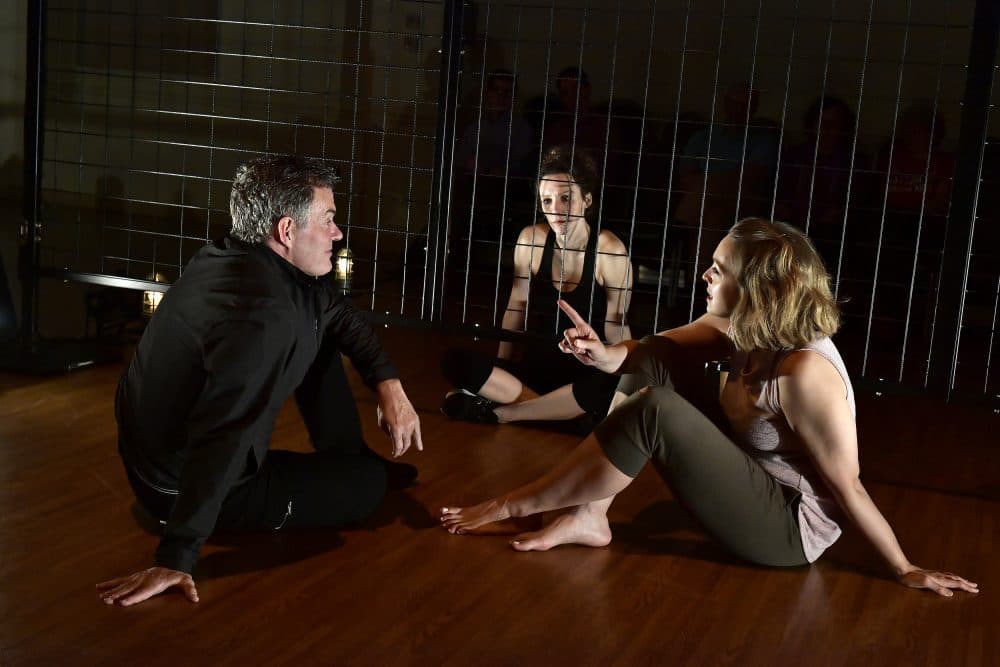
“The Last Act” is ambiguous with regard to whether Djul might be not an unemployed actor but a colluder in a terrorist plot. (He gets suspicious cell phone calls.) But as tension mounts and the play hurtles toward a violent end, albeit not Strindberg’s, the chaotic interplay between theatrical allusion and real threat gets muddy. We need to be able to more clearly follow the dots to the play’s discomfiting conclusion.
“The Last Act” is jarring, which it’s meant to be. But it’s also jarred by its collision of biography, improv, political argument and shady flights of poetry, philosophy and even whimsy. Nonetheless, Israeli Stage founder and artistic director Guy Ben-Aharon makes a case for it, helming an urgent, intimate staging on a strip of playing space with audience members facing one another from opposite sides. Among the cast, Annelise Lawson is an aptly teasing Gilly, Marianna Bassham an even more provocative Dana, Louis Abd El Massih an angry, yearning Djul, and Craig Mathers an explosive Ethan jumbling personal feelings with what he regards as an almost holy governmental calling.
At the dialogue that followed the performance I attended, Sobol expressed the hope that this Israeli Stage production might find itself invited to an Israeli theater or arts festival. Performed there, for a polarized audience at a moment when Israeli-Palestinian confrontation is as charged as it is now, it might seem like less of a conceit and more of a dare wrapped in a peace plea.
“The Last Act” continues at the Calderwood Pavilion through June 1.
